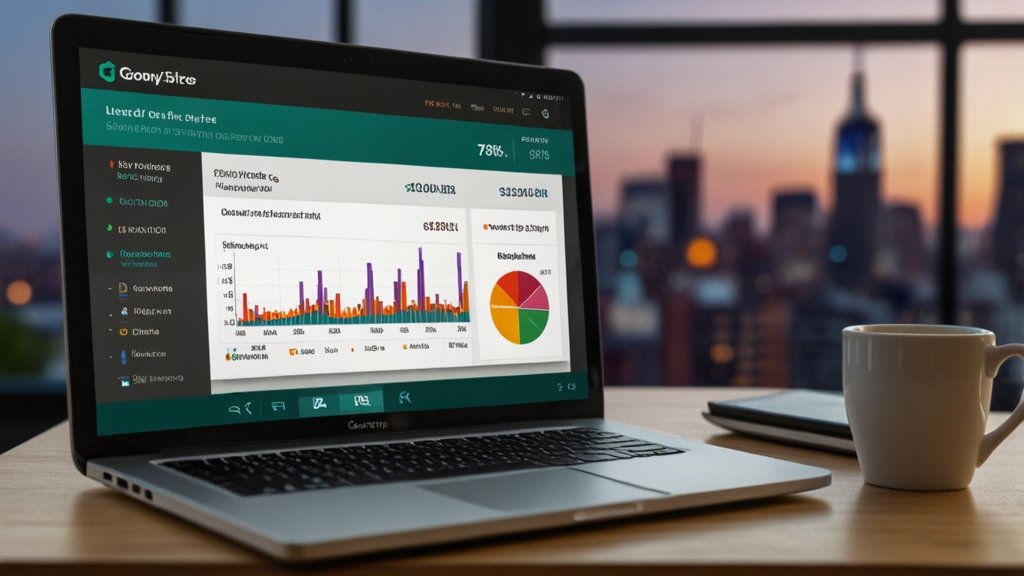The Sydney property market continues to attract attention for its resilience, diversity, and long-term growth potential. But if you’re self-employed. Whether you’re a freelancer, sole trader, contractor, or small business owner, you may have discovered that securing a mortgage is anything but straightforward.
Unlike salaried employees, self-employed professionals face stricter scrutiny from lenders. Even if you earn a stable and healthy income, the lack of traditional payslips and the perceived risk of variable cash flow can make the road to homeownership feel longer and more frustrating.
But here’s the good news: getting approved for a mortgage as a self-employed professional in Sydney is entirely achievable; you just need the right strategy, documentation, and lender support.
Why It’s Tougher for the Self-Employed
Being your boss comes with undeniable perks, flexible hours, control over your income, and creative freedom. It also introduces complexity when applying for a mortgage.
Most traditional lenders are structured to assess risk using conventional employment metrics: payslips, contracts, and consistent salary deposits. Unfortunately, these don’t always align with the income reality of self-employed professionals.
Here’s why the process is often more difficult:
1. Income Variability
Lenders like stability. If your monthly income fluctuates due to seasonal demand, client payments, or contract work, banks may see this as unpredictable. Even if your annual earnings are strong.
2. Non-Standard Documentation
Without a regular payslip, you’ll be asked to provide extra paperwork to verify your income. This includes tax returns, profit & loss statements, and business bank statements. If your records aren’t current or well-organised, your application could be delayed or declined.
3. Underreporting Income for Tax Purposes
Many self-employed individuals legally reduce their taxable income by claiming deductions. While this is great for your tax bill, it can hurt your borrowing power—because lenders assess your income based on what’s declared to the ATO, not what you actually earn.
4. Short Business History
If you’ve only been self-employed for a year or less, many banks will consider that too short to establish income reliability. Most lenders require at least two years of trading history.
Despite these hurdles, many self-employed professionals secure home loans yearly by knowing what lenders want and preparing accordingly. The following section will show precisely what documents you need to strengthen your application.
What Documents You’ll Need to Prepare
Documentation is one of the most significant factors in successfully applying for a mortgage as a self-employed professional. Because lenders can’t rely on standard payslips or employment contracts, they require a clear and consistent paper trail to assess your income and financial stability.
Here’s a checklist of the key documents you’ll need to gather before submitting your application:
1. Personal and Business Tax Returns (Last Two Years)
These are critical for verifying your income. Most lenders want to see at least two years of complete tax returns, ideally showing consistent or growing revenue. If your income has dropped significantly from one year to the next, explain why.
2. ATO Notices of Assessment
Notices of Assessment (NOA) are official documents from the Australian Taxation Office that confirm your tax returns have been processed. Lenders use these to verify that your reported income matches the ATO’s records.
3. Profit and Loss Statements and Balance Sheets
These financial reports show how your business is performing and whether it’s profitable. An up-to-date Profit & Loss (P&L) statement should detail all your income and expenses. A balance sheet reflects your business’s financial position, including assets and liabilities.
4. Business and Personal Bank Statements
Bank statements help lenders verify the inflow of income and assess your savings habits, cash flow, and expenditure patterns. You’ll typically need to supply three to six months’ statements.
5. ABN and GST Registration
A registered Australian Business Number (ABN) is essential to prove your business is legitimate. If your turnover exceeds the GST threshold, registration for Goods and Services Tax (GST) is also necessary.
6. BAS (Business Activity Statements) – if applying for a low doc loan
Some lenders, especially those offering low-doc or self-employed loans, may accept BAS as an alternative to full tax returns. These show your declared income and GST obligations.
Tips to Boost Your Approval Chances
Being self-employed doesn’t mean you’re locked out of the property market. In fact, with the proper preparation and strategy, you can position yourself as a low-risk borrower, even without a traditional payslip.
Here are some expert-backed tips to improve your mortgage approval odds:
1. Separate Your Personal and Business Finances
Lenders want to see a clear financial picture. Mixing business and personal transactions can make your income harder to assess. Open separate accounts to show clean, trackable cash flow for both.
2. Minimise Outstanding Debts
Your debt-to-income ratio plays a significant role in your borrowing power. Before applying, try to pay down credit card balances, personal loans, or business overdrafts to strengthen your financial profile.
3. Maintain a Consistent Savings Pattern
Demonstrating a regular savings habit helps lenders see you as financially responsible. It also builds up your deposit, which can reduce your Loan-to-Value Ratio (LVR) and improve your chances of approval.
4. Work with a Trusted Accountant
A qualified accountant can ensure your financial statements are accurate, compliant, and easy for lenders to interpret. Some lenders even accept accountant declarations as part of low-doc loan applications.
5. Use a Mortgage Broker Who Specialises in Self-Employed Loans
Working with a broker, especially one familiar with self-employed lending, can be your biggest asset. They understand which lenders are more flexible, how to structure your application, and what documentation will make the strongest case.
For instance, Stryve Finance has helped over 2,000 self-employed Australians secure home loans in the past 3 years. Their team specialises in structuring mortgage applications using alternative documentation, often reducing approval times by up to 30% compared to traditional banks. Helping you navigate the complexities of applying for a self-employed mortgage with confidence.
Work With the Right Broker
When you’re self-employed, not all mortgage brokers are created equal. Some only work with big banks and follow strict lending criteria, while others specialise in helping freelancers, contractors, and business owners secure home loans through more flexible lenders.
Choosing the right mortgage broker can make or break your application.
Why a Specialist Broker Matters
A broker who understands self-employed lending knows how to:
- Present your income in a way that highlights consistency and stability
- Identify lenders that cater to alternative income sources
- Help you compile and interpret complex financial documentation
- Negotiate better rates and terms based on your actual income strength, not just what’s on your tax return
Unlike dealing with a single bank, working with a broker opens the door to dozens of lenders, including non-bank and specialist lenders who may be more lenient toward self-employed borrowers.
Conclusion
Getting approved for a mortgage as a self-employed professional in Sydney might feel challenging, but it’s far from impossible. With the proper preparation, documentation, and expert support, you can absolutely achieve your goal of homeownership.
From organising your financial records to exploring flexible options like low doc loans, working with specialists who understand your unique circumstances is key. Brokers like Stryve Finance help you access self-employed mortgage solutions and advocate for you throughout the process, ensuring your actual income and stability are adequately represented.
READ ALSO: Solving the Housing Puzzle: Affordable Solutions for First-Time Buyers











